Description
Coatimundi for Sale – Your Guide to Owning an Exotic Pet
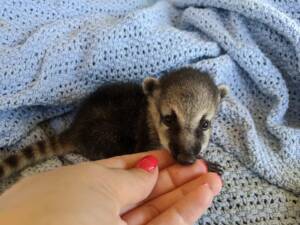
Coatimundi for Sale – Discover Exotic Pets at Ranch of Exotic Breeds
Are you searching for a unique and exotic pet to add to your family? Look no further than the Coatimundi! At Ranch of Exotic Breeds, we specialize in providing healthy, well-cared-for Coatimundis for sale. These intelligent and curious creatures make wonderful companions for the right owner. In this comprehensive guide, we’ll explore everything you need to know about Coatimundis, including their origin, care requirements, nutrition, and frequently asked questions.
Origin of the Coatimundi
The Coatimundi, also known as the Coati, is a member of the raccoon family (Procyonidae). Native to Central and South America, as well as parts of the southwestern United States, these fascinating animals are known for their adaptability and social nature.
Coatimundis are highly intelligent and have been a part of indigenous cultures for centuries. They are often found in forests, grasslands, and even mountainous regions. Their name comes from the Tupian language, meaning “lone coati,” as males are typically solitary, while females and young live in groups called bands.
Coatimundis are medium-sized mammals with elongated snouts, ringed tails, and sharp claws. They are omnivores, meaning they eat both plant and animal matter. In the wild, their diet consists of fruits, insects, small mammals, and bird eggs.
These animals are highly social and curious, making them engaging pets for experienced exotic animal owners. However, they require a lot of attention, enrichment, and space to thrive. Coatimundis are not your typical domesticated pet, so potential owners should be prepared for the unique challenges they present.
Coatimundi Care Guide
Owning a Coatimundi is a rewarding but demanding experience. Here’s what you need to know to provide the best care for your new pet:
Housing
Coatimundis need plenty of space to explore and play. A large, secure enclosure with climbing structures, hiding spots, and enrichment toys is essential. They are excellent climbers and diggers, so ensure their environment is escape-proof.
Socialization
coatimundi are social animals and thrive on interaction. Regular playtime and mental stimulation are crucial to keep them happy and healthy. If you cannot spend a lot of time with your Coatimundi, consider getting a pair to keep each other company.
Grooming
Small pets for sale such as Coatimundis are relatively low-maintenance when it comes to grooming. However, their nails should be trimmed regularly, and their coat should be brushed to remove loose fur.
Health
Regular veterinary check-ups are essential to ensure your coatimundi for sale near me stays healthy. Exotic animal veterinarians can provide specialized care and advice tailored to your pet’s needs.
Coatimundi Nutrition
A balanced diet is key to keeping your Coatimundi animal for sale healthy. In captivity, their diet should mimic what they eat in the wild. Here’s a breakdown of their nutritional needs:
- Protein: Offer lean meats, insects, and eggs.
- Fruits and Vegetables: Provide a variety of fresh fruits and veggies, such as bananas, apples, carrots, and leafy greens.
- Supplements: Consult your vet about adding vitamins or minerals to their diet.
- Avoid: Processed foods, sugary snacks, and toxic plants.
Always ensure fresh water is available, and monitor their eating habits to ensure they are getting the nutrients they need.
Frequently Asked Questions (FAQ)
1. Are Coatimundis good pets?
coatimundi for sale can make great pets for experienced exotic animal owners. They are intelligent, social, and curious, but they require a lot of care and attention.
2. How long do Coatimundis live?
In captivity, Coatimundis can live up to 14-16 years with proper care.
3. Are Coatimundis legal to own?
Laws regarding exotic pets vary by location. Check your local regulations before purchasing a Coatimundi animal for sale.
4. Do Coatimundis get along with other pets?
Small pets for sale such as Coatimundi animal for sale can coexist with other pets if introduced properly. However, their predatory instincts may pose a risk to smaller animals.
5. How much does a Coatimundi cost?
The price of a Coatimundi varies depending on factors like age, health, and breeder. At Ranch of Exotic Breeds, we offer competitive pricing for healthy, well-socialized Coatimundis.
At Ranch of Exotic Breeds, we take pride in offering healthy and well-cared-for Coatimundi for sale Texas. Our Small pets for sale such as Coatimundis are raised in a nurturing environment, ensuring they are socialized and ready to become part of your family. Each purchase comes with a care guide and ongoing support to help you provide the best possible life for your new pet.
Why Choose Ranch of Exotic Breeds?
When you choose Ranch of Exotic Breeds, you’re choosing a trusted partner in exotic pet ownership. We are committed to the well-being of our animals and provide:
- Healthy, Well-Socialized Pets: Our Coatimundi animal for sale are raised with care and attention.
- Expert Guidance: We offer comprehensive care guides and ongoing support.
- Ethical Practices: We prioritize the health and happiness of our animals above all else.
Conclusion
Coatimundi for sale Texas are fascinating and unique pets that bring joy and excitement to any household. However, they require dedicated care and attention to thrive. If you’re ready to take on the rewarding challenge of owning a Coatimundi, Ranch of Exotic Breeds is here to help you find the perfect Exotic animals for sale.
Explore our selection of Exotic animals for sale such as Coatimundis for sale and take the first step toward welcoming an exotic pet into your life. Contact us today to learn more or to reserve your new companion!
Call to Action:
Ready to bring home an Exotic animals for sale such as Coatimundi? Visit Ranch of Exotic Breeds today to find your perfect exotic pet. Contact us for more information or to schedule a visit!

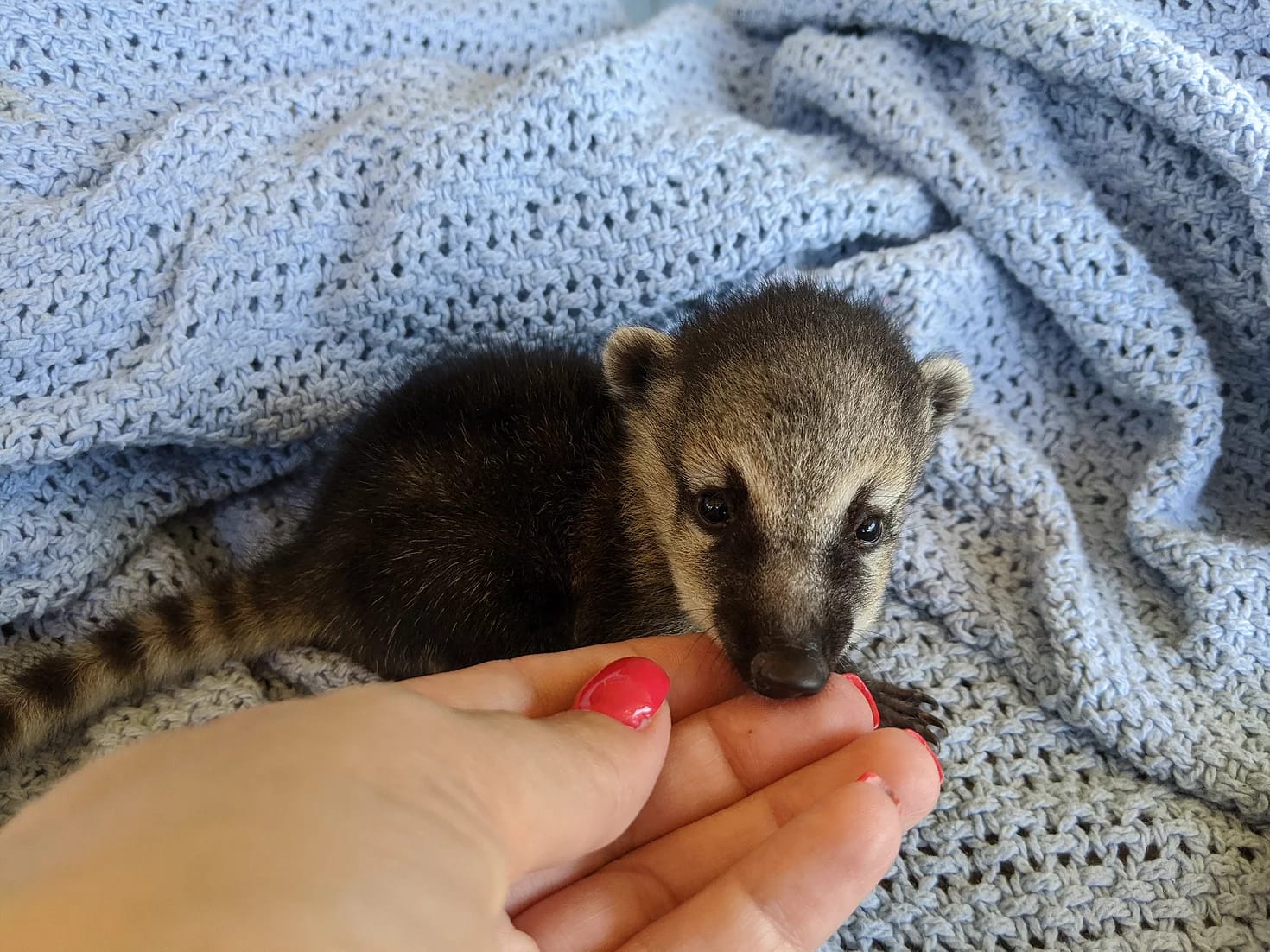
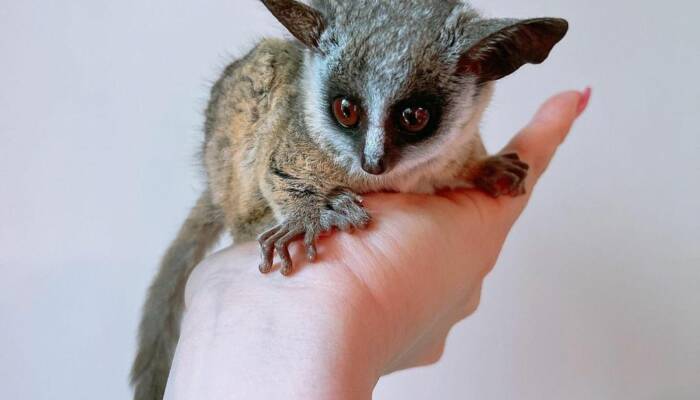
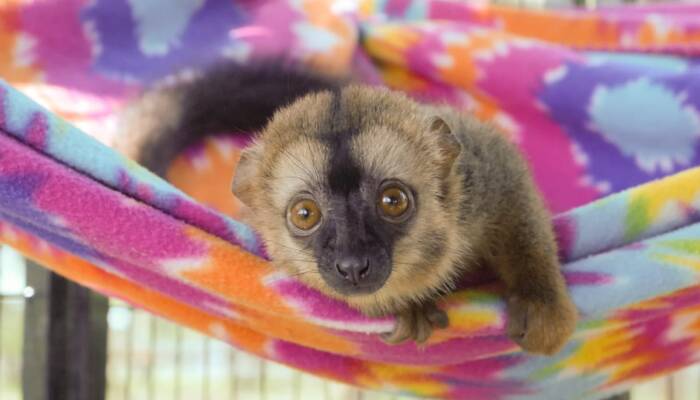
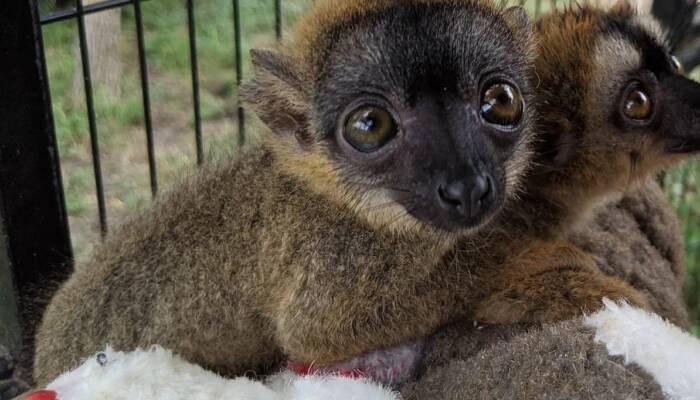
Reviews
There are no reviews yet.